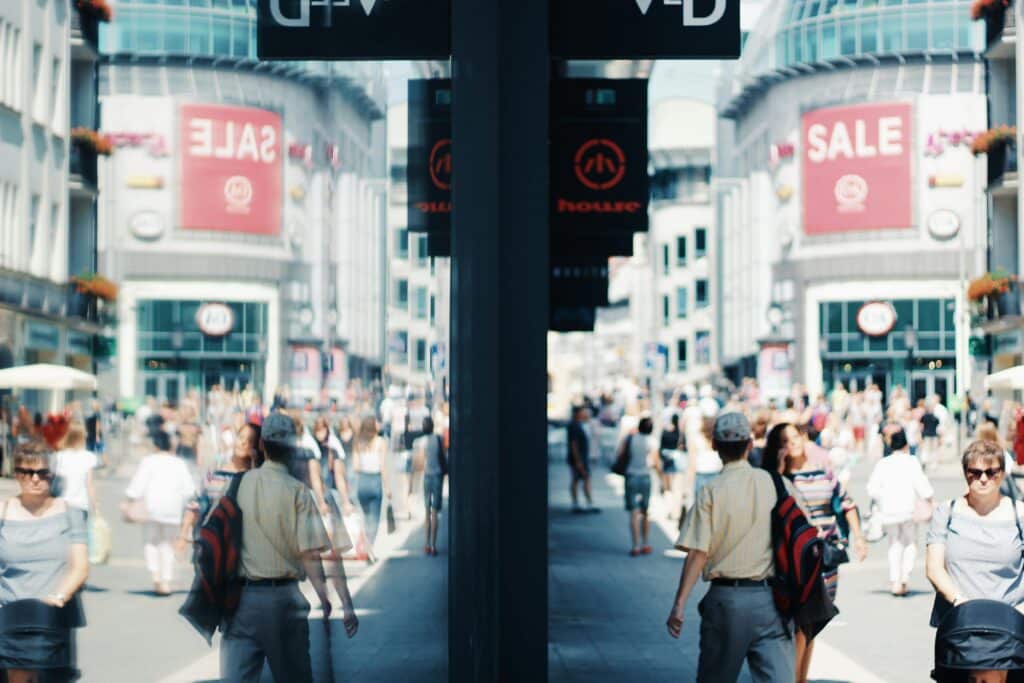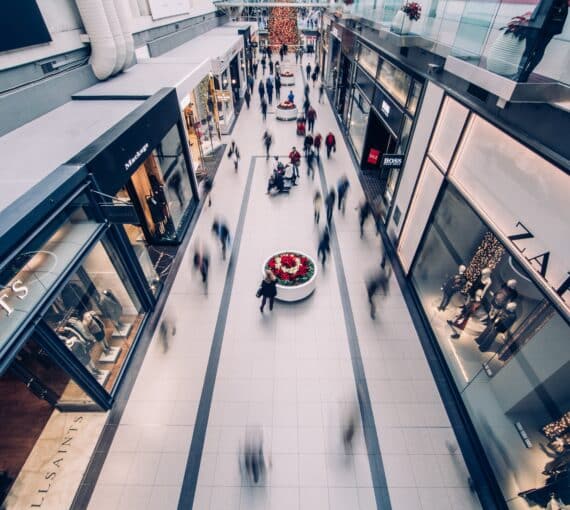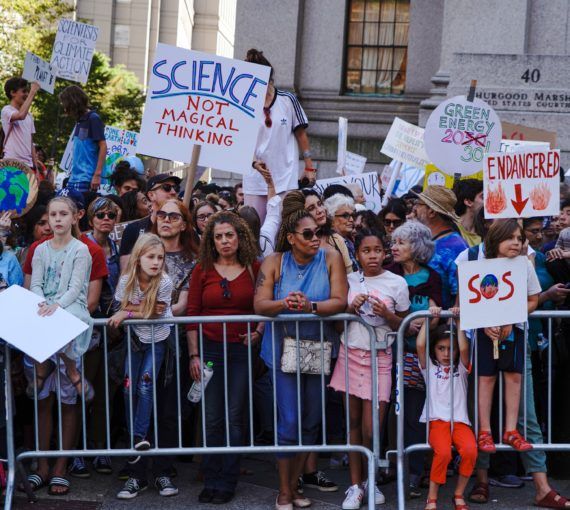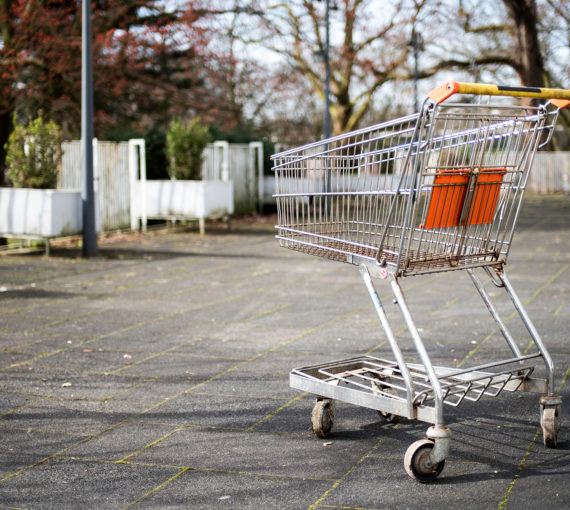
As long as people continue to worship money and stuff, and increased consumer spending is reported and regarded as “good news,” we won’t be able to shift from our wasteful ways. (Photo: Pawel L. via Pexels)
In the Western world, year-end celebrations were once observed to give thanks, to mark the coming of brighter days and to enjoy the company of family and friends. Now, they’ve become little more than consumer orgies. From Black Friday and Cyber Monday sales to Christmas shopping, it’s hard to escape the frenzy. Corporations from small to large count on the increase in spending. Governments rejoice at the economic boost.
Many products end up in landfills after little or no use. It’s all part of the rampant consumerism fuelling the climate crisis. Wealthy nations, especially the wealthiest people in those nations, are the biggest drivers of this climate-altering consumer madness. A recent Oxfam report, “Climate Equality: A planet for the 99%,” shows the top one per cent of humanity is responsible for more greenhouse gas emissions than the poorest 66 per cent.
Those emissions are “enough to cause the heat-related deaths of 1.3 million people over the coming decades,” the Guardian reports, noting that, “The suffering falls disproportionately upon people living in poverty, marginalised ethnic communities, migrants and women and girls, who live and work outside or in homes vulnerable to extreme weather.”
Many products end up in landfills after little or no use. It’s all part of the rampant consumerism fuelling the climate crisis.
The super wealthy — mostly white males in North America and Europe, with their superyachts, private jets, massive mansions and lavish lifestyles — have the most devastating footprint. They “also wield enormous and growing political power by owning media organisations and social networks, hiring advertising and PR agencies and lobbyists, and mixing socially with senior politicians, who are also often members of the richest 1%.”
The report “reveals a perverse reality: those who have done the least to cause the climate crisis are the ones who are suffering the most. And those who have done the most will likely suffer the least.”
Prominent French economist Thomas Piketty argues that progressive carbon pricing based on income and ability to reduce emissions is needed, along with banning high-emission goods and services such as large vehicles, private jets and short-distance flights.
The oversized impacts and influence of the excessively wealthy don’t let the rest of us off the hook.
“We have to put class and the studies of inequality between social classes right at the centre of our analyses of environmental challenges in general,” Piketty told the Guardian.
As the Oxfam reports notes, we must recognize “that a radical increase in equality is a precondition to ending climate breakdown and poverty.” It argues, “A tax of 60% on the incomes of the super-rich 1% of earners globally would cut the carbon equivalent of more than the total emissions of the UK and raise US$6.4 trillion to fund renewable energy and a transition away from fossil fuels.”
“The focus on economic growth of any kind and endless extraction and overconsumption at any cost must end,” Oxfam says. “People should be put back in charge of their destiny, and democratically elected governments, not corporates, should shape our economy.”
The oversized impacts and influence of the excessively wealthy don’t let the rest of us off the hook. Oxfam confirms what others have found: that high income countries are responsible for 100 times more emissions than low-income countries. But as Piketty notes, middle and upper classes are responsible for most of those emissions.
We need to slow down and learn to appreciate what really matters in life: time in nature, time with family and friends and time to pursue our own interests.
What’s really needed is a change in our way of thinking, which starts with us all. As long as people continue to worship money and stuff, and increased consumer spending is reported and regarded as “good news,” we won’t be able to shift from our wasteful ways. We need to slow down and learn to appreciate what really matters in life: time in nature, time with family and friends and time to pursue our own interests.
As author and London Metropolitan University emeritus professor Kate Soper notes, “Consumer culture, formerly seen as a vehicle of self-expression, is better viewed at this stage in its evolution as a means of extending the global reach and command of corporate power at the expense of the health and wellbeing of the planet and most of its inhabitants.”
We can all do our part. During the upcoming holiday season, let’s find more meaningful activities than contributing to the consumer madness — share your time, volunteer, exchange books, donate to a worthy cause or, most of all, commit to helping put an end to the fossil-fuelled consumer-capitalist system that’s creating massive inequality and destroying our world!



